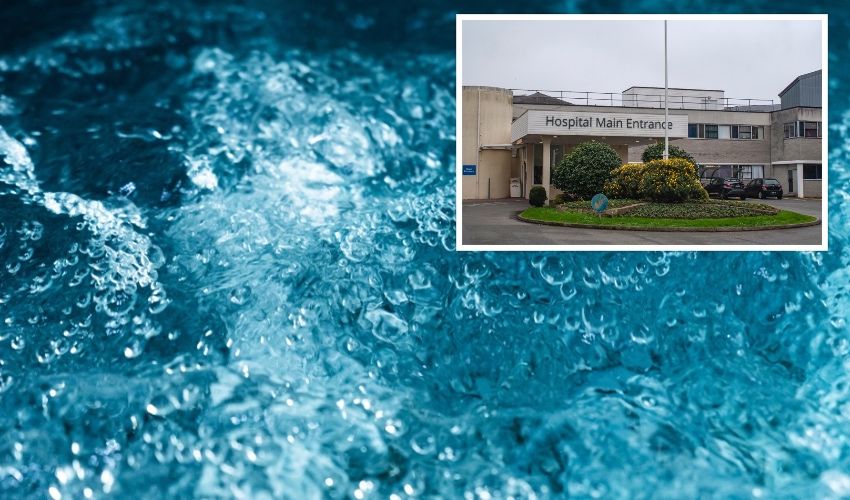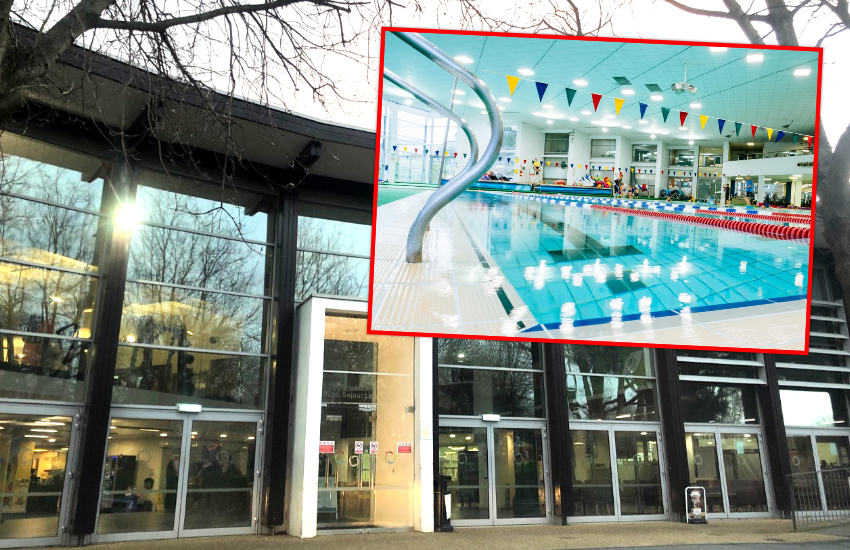


The Committee for Health and Social Care (HSC) has said that its position of not providing hydrotherapy pool access on a private basis could be changed depending on “demand and viability”.
HSC and the Guernsey Therapy Group (GTG) responded to questions regarding the use of the hydrotherapy pool at the Princess Elizabeth Hospital, which use is “predominantly outpatient based”.
GTG is contracted by the States of Guernsey to provide physiotherapy services within the acute setting at the PEH, which also includes the provision of some outpatient and community-based services. This contract includes the provision of aquatic therapy.

Pictured: The Committee for Health and Social Care.
Express put questions to the committee after islander Connor Bayes, who is an inpatient at the hospital, said that he had been advised he could not use the hydrotherapy pool.
“Something that I found extremely helpful at Hobbs [a UK spinal rehabilitation centre] was the hydrotherapy treatment. There is a hydrotherapy pool at the hospital here, but I’ve been told it can only be used for outpatients due to staffing. So, at the moment, I’m not having any hydrotherapy at all which is a bit frustrating,” said Mr Bayes.
In a joint response, HSC and GTG said they could not comment on individual cases. “It should be noted that treatments plans for all new patients are developed in conjunction with the patient, their family and relevant health professionals,” they said.
“Where patients transfer back to the Bailiwick from off-island treatment facilities, time is taken to ensure the most appropriate pathway is developed.”

Pictured: Connor Bayes and his mother, Kay, are looking for a suitable alternative to the PEH hydrotherapy pool to allow him to continue his treatment.
HSC and GTG said that the current aquatic therapy services “are predominantly outpatient based”.
“This would not preclude an inpatient accessing the hydrotherapy pool if the clinician felt it was the most appropriate therapy to achieve rehabilitation goals and the appropriate skilled staffing capacity is available.
Mr Bayes said that he had been offered an alternative of the use of the swimming pool at Beau Sejour. “I was told there is potential that I can use the pool at Beau Sejour, but it’s a much colder pool and my body can’t regulate its temperature, so I really need a warmer pool,” he said.
HSC and GTG responded: “Warm water swimming in local gym/spa-based pools are an alternative for certain patients to explore continuing aquatic-based exercise for self-management.
“Aquatic therapy is not suitable for all patients requiring rehab and there are contraindications and precautions which are considered as part of an individual risk assessment prior to use.”

Pictured: Connor Bayes said that the swimming pool at Beau Sejour was not a suitable alternative for him because it is "much colder" than the hydrotherapy pool.
The groups said that physiotherapists using the hydrotherapy pool “do not require specific lifeguard training per se”.
“However, Physiotherapists that use aquatic therapy will have completed competency-based training or completed a formal course in aquatic therapy. Risks assessments are carried out to identify the number of staff to patient ratio that is required to evacuate the pool safely in the event of an incident.
“HSC does not provide access to the pool on a private basis. Demand and viability would determine if this position changed.”
PT appeals for physiotherapist for paralysed islander
Comments
Comments on this story express the views of the commentator only, not Bailiwick Publishing. We are unable to guarantee the accuracy of any of those comments.